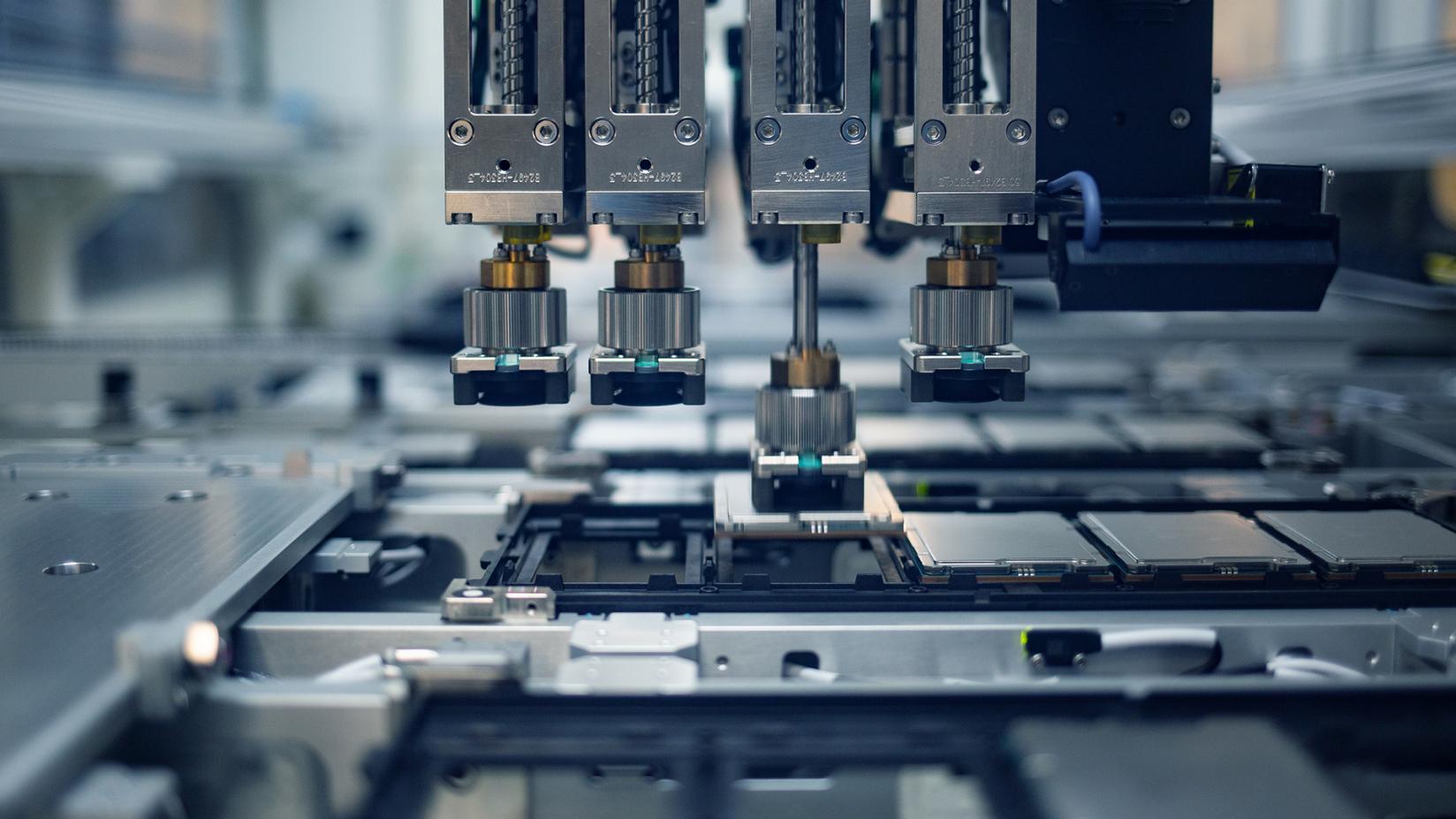|
Getting your Trinity Audio player ready...
|
Nvidia chief executive Jensen Huang said the company plans to maintain its presence in mainland China, even as the US prepares new trade restrictions targeting the country that may be published as early as this week.
Speaking on Saturday at the Hong Kong University of Science and Technology, where he received an honorary doctorate, Huang said China has unique strengths in capitalising on AI and industry trends in fields ranging from medicine to robotics.
On Monday Nvidia’s head of global business operations met with Beijing’s top trade negotiator, Wang Shouwen, the vice commerce minister who was a key member of China’s trade negotiation team during Donald Trump’s first term as president.
Wang met with Nvidia’s Jay Puri, an executive vice president of worldwide field operations, where Wang said a more open China economy could offer “broader opportunities” to foreign enterprises, according to a ministry statement.

AI chips
He said the ministry was willing to strengthen communication, expand collaboration and iron out differences to put US-China economic relations back on track, and welcomed Nvidia to deepen its ties in the country, the statement said.
Puri told Wang that Nvidia considers China an important market where it plans to continue to provide quality products and services, while participating in the development of China’s digital economy.
Nvidia is barred by current US trade restrictions from selling its most advanced chips to Chinese firms, which has opened a market for domestic competitors.
Huawei Technologies has taken advantage of that opening to sell its own AI accelerator chips to cloud and AI firms.
The outgoing administration of US president Joe Biden is expected to unveil new trade restrictions adding up to 200 Chinese chip companies to a blacklist that bars most US suppliers from shipping goods to the targeted firms, according to an email from the US Chamber of Commerce, a powerful Washington-based lobbying group, Reuters reported on Friday.
New sanctions
The US Department of Commerce plans to publish the new rules before the Thanksgiving break that begins on Thursday of this week, the report said.
Another set of rules restricting shipments of high-bandwidth memory (HBM) chips to China is expected to be announced in December as part of a broader package targeting China’s AI industry, the report said.
The US began targeting introducing trade restrictions against China during Donald Trump’s first term as president, arguing China’s tech industry could pose a national security threat, and renewed tensions are expected when Trump takes office for his second term in January.





